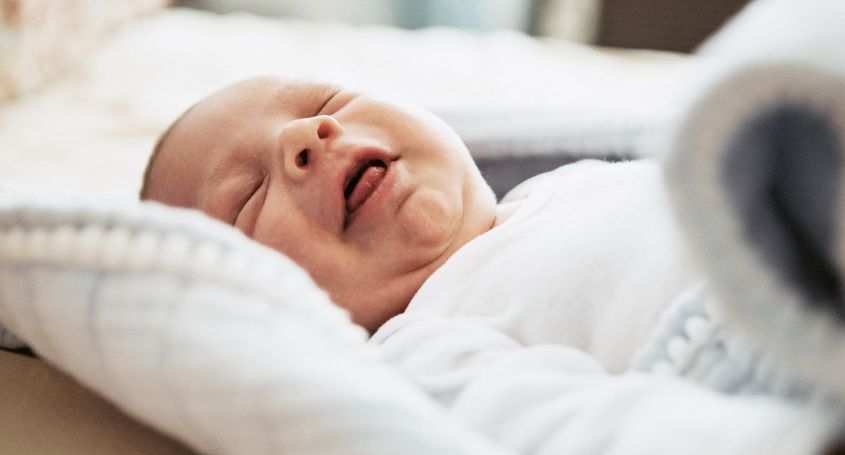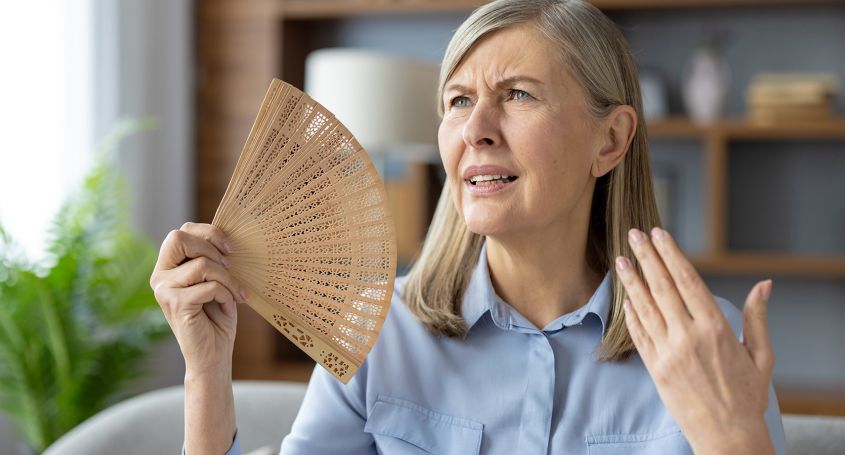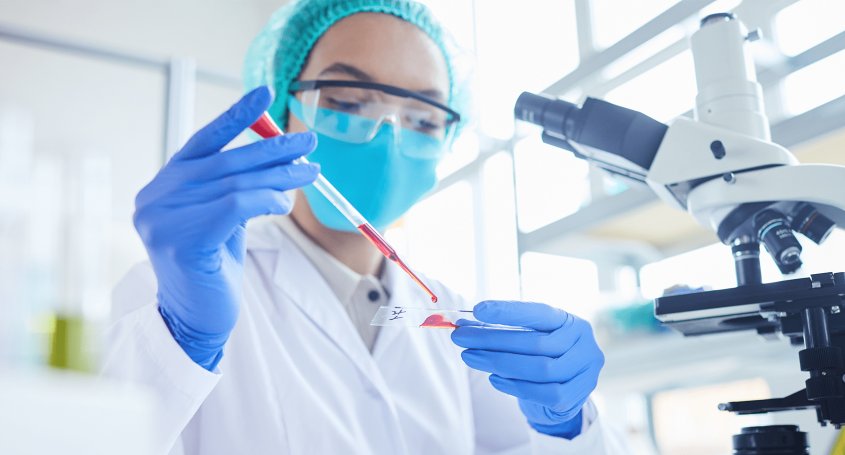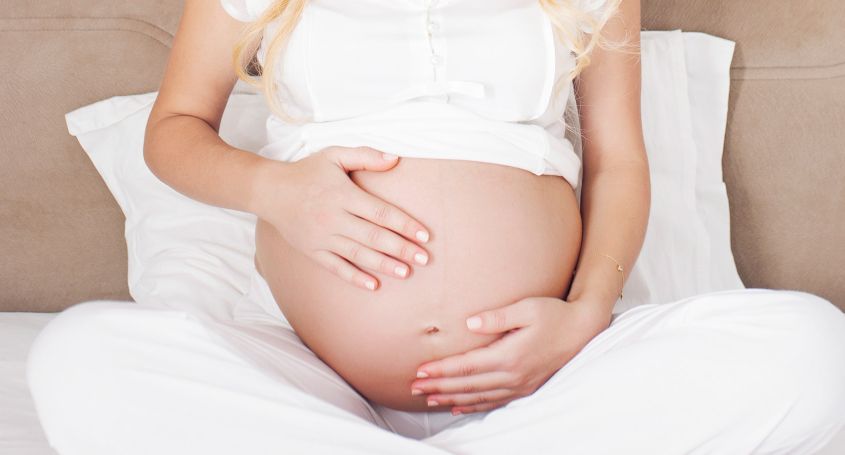A woman’s fertile years, when she can achieve a pregnancy spontaneously or naturally, take place between menarche (or the first period) and menopause (the last period). The end of a woman's reproductive cycle is due to ovarian depletion, when the woman gradually loses ovarian function and, consequently, the production of estrogen and progesterone, the female hormones, decreases.
Menopause and the Climacteric
Menopause refers to the time of the last menstruation, which usually occurs around the age of 50. A woman is considered to have reached menopause when she has not had any menstrual bleeding for a year, even if the changes and symptoms appeared much earlier. The transition period that lasts years before and after menopause is known as the climacteric.
Symptoms of Menopause
At the beginning of the climacteric, the woman's cycles become irregular while other symptoms, such as hot flashes, appear. A lack of estrogen also alters the reproductive tract, causing vaginal dryness -- something that can affect sexual intercourse and cause vaginal infections. In turn, the perineal muscles lose firmness, which can cause incontinence problems. Other effects of hormonal imbalance are osteoporosis and cardiovascular disease, since female hormones have a protective effect on the bones and heart. Finally, women may also suffer from mood swings and a loss of libido.
Early Menopause
When ovarian insufficiency occurs before the age of 40, we speak of early menopause or primary ovarian insufficiency (POI). This premature loss of ovarian function can be due to various factors, whether due to genetic abnormalities (Turner syndrome, Fragile X syndrome), autoimmune abnormalities (hypothyroidism, rheumatoid arthritis), viral infections (malaria, chickenpox), oncology treatments, and surgery. The symptoms are similar to menopause in older women, mainly featuring amenorrhea or no period. A hormonal analysis will help diagnose early loss of ovarian function.
Pregnancy and Menopause
During perimenopause (the stage before menopause), although the ovarian reserve is seriously depleted, the possibility of natural pregnancy --although remote-- still exists. In the event the woman wishes to be a mother, and in order to significantly increase the chances of success, once ovarian failure has been diagnosed, it is recommended to resort to egg donation . In Spain, there is a consensus among professionals in the sector to set 50 years as the maximum age for performing assisted reproduction treatments, so as to avoid possible risks associated with pregnancy in older women.
Thus, although ovarian function is affected, up to the age of 50 the dream of being a mother can be fulfilled thanks to oocyte donation.















